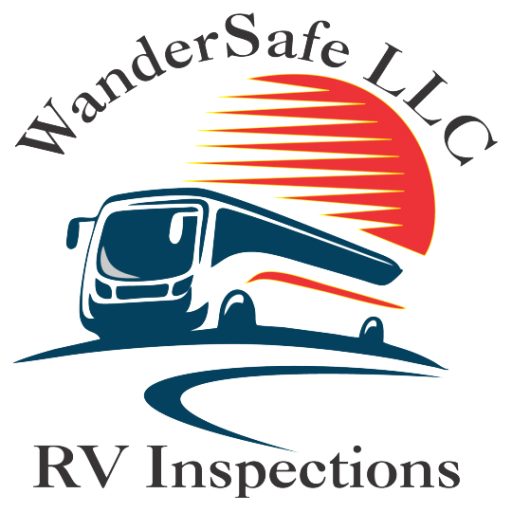Living the RV lifestyle offers incredible freedom, allowing you to explore the open road while enjoying the comforts of home. However, safety is everything when living in an RV. Whether you’re a full-timer or a weekend warrior, safe RV living will make your travels enjoyable and secure.
Regular Maintenance: The Foundation of Safe RV Living
Maintaining your RV is the first step in creating a safe environment. Regularly inspect your tires for wear and proper inflation, as tire blowouts are a leading cause of accidents on the road. Before each trip, remember to check your brakes, engine, and fluid levels. It’s also important to inspect your RV’s roof, seals, and windows for signs of leaks, which can lead to water damage and mold growth. Keeping your RV in top shape reduces the risk of breakdowns and accidents.
Secure Your Load for Travel
Properly securing your belongings is crucial for safe RV living. Loose items could become dangerous projectiles if you suddenly stop or make a sharp turn. Securely latch all cabinets and drawers before hitting the road, and stow heavy items low to the ground to maintain a stable center of gravity. Distribute weight evenly throughout your RV to prevent swaying or tipping.
Fire Safety: A Non-Negotiable
Fire safety is essential in an RV, where space is limited and a fire could spread quickly. Equip your RV with smoke detectors, carbon monoxide detectors, and a fire extinguisher. Test these devices regularly to verify that they’re functioning correctly. Avoid using open flames inside your RV, and be mindful of your electrical system’s capacity to prevent overheating. When cooking, always use ventilation fans and never leave the stove unattended. Finally, have an emergency exit plan and confirm that all family members can quickly and safely evacuate the RV.
Safe Driving Practices
Driving an RV requires special attention to safety. Always be aware of your vehicle’s size and weight, especially when navigating narrow roads, bridges, or overpasses. Maintain a safe following distance, as RVs require longer stopping distances than cars. When parking, use level ground and engage the parking brake. If you’re new to RVing, take a driving course specific to RVs to build confidence and learn critical safety skills.
Safe RV Living: Protecting Your Personal Security
When staying at campgrounds or RV parks, choose well-lit areas and familiarize yourself with the site’s layout. Lock your doors and windows when you’re away, and consider installing a security system for added peace of mind. It’s also wise to stay connected with family or friends, share your travel itinerary, and check in regularly.
Safe RV living is all about preparation, awareness, and vehicle maintenance. Following these tips will allow you to confidently enjoy your RV adventures, knowing you’ve taken the necessary steps to protect yourself and your loved ones.
WanderSafe offers professional RV inspection services in the Pacific Northwest. Contact us to schedule an appointment today.

